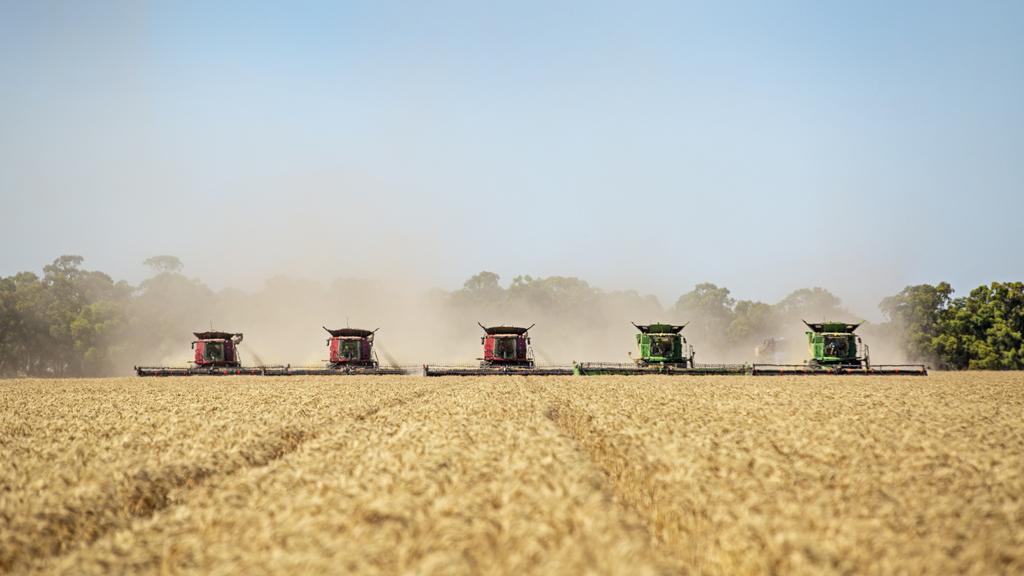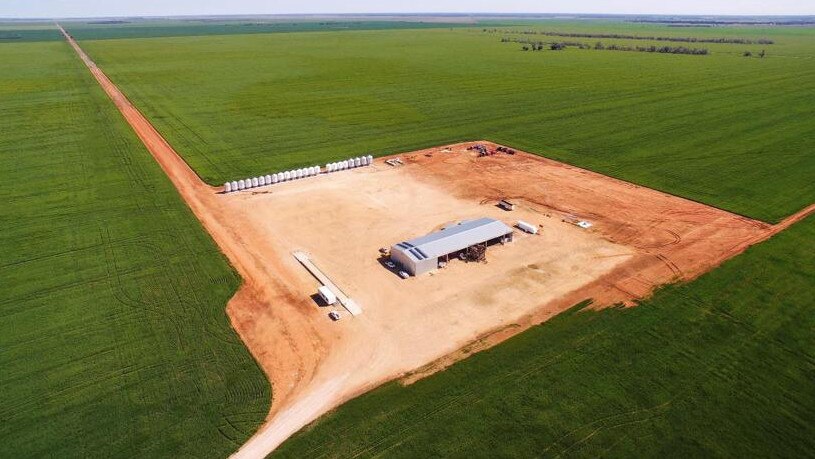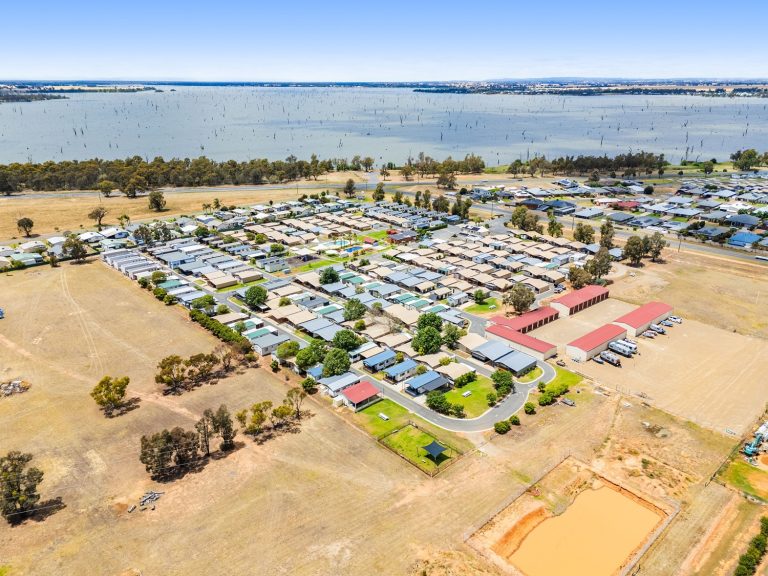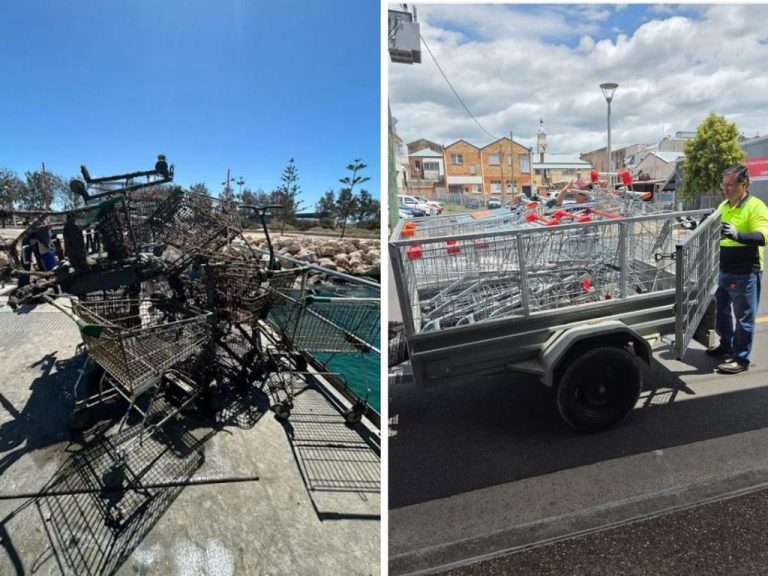Rural property to hold strong on back of commodities boom

Grain property Yarrabee Park in the NSW Riverina region sold in excess of $60m earlier this month. Supplied: goFARM Australia
The strength of agricultural commodities and bumper farming conditions are set to underpin the rural property market this year.
Australian agricultural production hit a record in 2021 with an estimated value of $73.5bn as demand grew globally and prices were pushed up by supply chain problems.
The strong performance in the pandemic and the positive outlook has seen domestic buyers more active, with farm profitability and access to cheap credit prompting prices to spike over the last two years.
The increase has come without rising levels of foreign investment, which has held steady over the past five years at about 13.8 per cent.
Cattle and wheat were the country’s two highest grossing products at $12.6bn and $10.3bn, respectively, a result reflected in house price growth in towns which rely on their production.
In the WA Wheat Belt region, median house prices jumped 31 per cent since the start of the pandemic.
In the beef country of outback Queensland, median house prices surged 40 per cent.
Ray White’s head of commercial research Vanessa Rader does not believe the recent flooding in southeast Queensland and the NSW Northern Rivers region will have much of an impact on the rural market, noting consumers are likely to bear the brunt of the disaster at the supermarket.
“What does (the flooding) mean for rural property? I don’t think it will make much of a difference,” Ms Rader said. “Commodities prices have been strong and that will continue.
“Interest rates are also low and overseas buyers will come back into play this year.”

Yarrabee Park located in the southern Riverina of NSW has sold to a Canadian pension trust.
Just this week a major deal was struck for a grain factory in NSW in excess of $60m. The 11,200ha property Yarrabee Park in the Riverina Region was sold by goFARM to Daybreak Cropping, a joint venture between local agricultural investment firm Warakirri Asset Management and Canada’s Public Sector Pension Investment Board.
The sale was brokered by Elders Real Estate state manager Nick Myer, who said the sale generated strong interest from domestic and international purchases.
The latest Australian Farmland Index for the December quarter found annualised total returns for crop land remained very high at 40.91 per cent, largely driven by capital growth (22.67 per cent).
However, downside risks may curb some growth.
In the short term, supply chain disruptions and inflationary pressures from the war in Ukraine are likely to cause significantly higher input costs on key inputs such as fuel, freight, fertiliser and chemicals and a sooner than expected rise in interest rates.
Much of the transaction drive is coming from well-established family farmers as opposed to corporates. This is supported by Foreign Investment Review Board data showing foreign ownership of agricultural land remained steady through 2021 (around 14 per cent), as did water entitlements (around 11 per cent).







